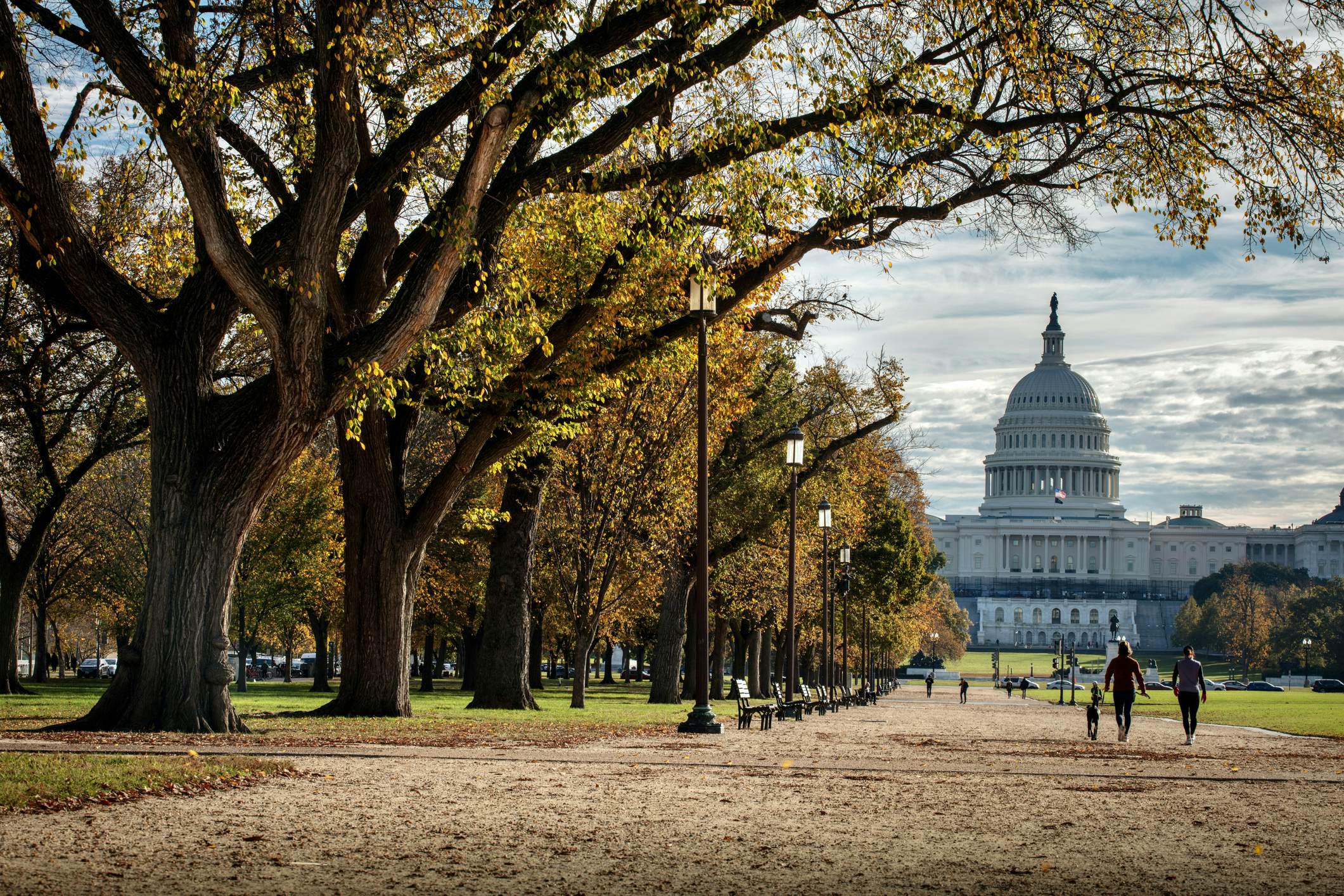Democrats Attempt to Enter Education Department, But Officials Block Their Efforts Amidst Outcry
Security at the Department of Education building in Washington, D.C., prevented Democratic lawmakers from gaining entry on Friday morning.
The incident has been linked to Elon Musk’s Department of Government Efficiency (DOGE), a controversial initiative making waves in Washington. Some speculate that DOGE is responsible for cutting spending across various government departments, heightening concerns among certain political figures.
California Representative Maxine Waters was particularly vocal during the incident. She was captured on camera engaging in a heated exchange with a security official, continuously challenging the officer’s decision to block her access.
Below is a transcript from a CNN segment that covered the moment Democrats attempted to enter the building, only to be thwarted by security.
CABRERA: “Congresswoman, I’m reminded of a similar situation last night. Senator Ed Markey was denied entry outside the EPA building. A private security guard informed him that he couldn’t enter. Is this becoming a new strategy for Democrats to draw attention to issues within the Trump Administration? Should we expect more of these types of actions?”
WATERS: “Absolutely, you can expect more of this. Just a couple of days ago, we had thousands gathered outside the Treasury Department, and we were locked out. This is the same department where Elon Musk has access to critical systems, including payment systems, and all kinds of private information. He controls sensitive data like Social Security numbers and is involved in managing tax revenue. Musk essentially holds the keys to everything in this country, including paying the bills. He has all that information, and his influence is alarming. Elon Musk is like a government figure in disguise, acting as though he were the de facto president of the United States. His actions are causing chaos across the nation.”
CABRERA: “Congresswoman Waters, I need to clarify—are you suggesting that Elon Musk has access to people’s Social Security numbers and tax identification numbers? Do you have any confirmation that he actually possesses that information?”
WATERS: “Yes, that’s exactly what I’m saying. We know that he has it. He’s in possession of this private data. He has control over all of this information.”
CABRERA: “What concerns you about what Musk might do with that data?”
WATERS: “Well, the worry is that Musk could exploit this vast amount of personal information for any number of reasons. He could potentially monetize it or use it to create market opportunities. With all this data at his fingertips, he could shape entire industries and influence markets in ways that aren’t accountable to the public. He’s the wealthiest man in this country, and now, not only is he overseeing our payment systems, but his influence extends internationally. Take South Africa, for example. Musk is pressuring the South African government to remove a policy that requires foreign companies to partner with local businesses before setting up shop. This policy was put in place after apartheid as a way to ensure economic equity. Musk is threatening the country’s government with consequences, including loss of U.S. aid, unless they allow him to build a battery factory there without adhering to that requirement.”
CABRERA: “You’ve highlighted some serious concerns regarding Musk’s involvement in global matters and potential conflicts of interest. Thank you, Congresswoman Waters, for your insights.”
The tense exchange between Representative Waters and the security officer sheds light on growing tensions within the Democratic Party regarding the influence of private individuals like Elon Musk on government processes. While the specific details of Musk’s involvement in the federal government remain murky, the pushback from lawmakers suggests a larger debate about the role of private entities in managing public resources and systems.
As more details emerge about Musk’s Department of Government Efficiency and his far-reaching influence, both in the U.S. and abroad, the conversation about the balance between private industry and government oversight is expected to intensify. Some see Musk’s reforms as a necessary disruption of bureaucratic inefficiency, while others, like Representative Waters, argue that his unregulated power poses a threat to public trust and security.
The fallout from these events will likely shape the ongoing discussions about government accountability, privacy, and the potential dangers of unchecked corporate influence in national governance.
